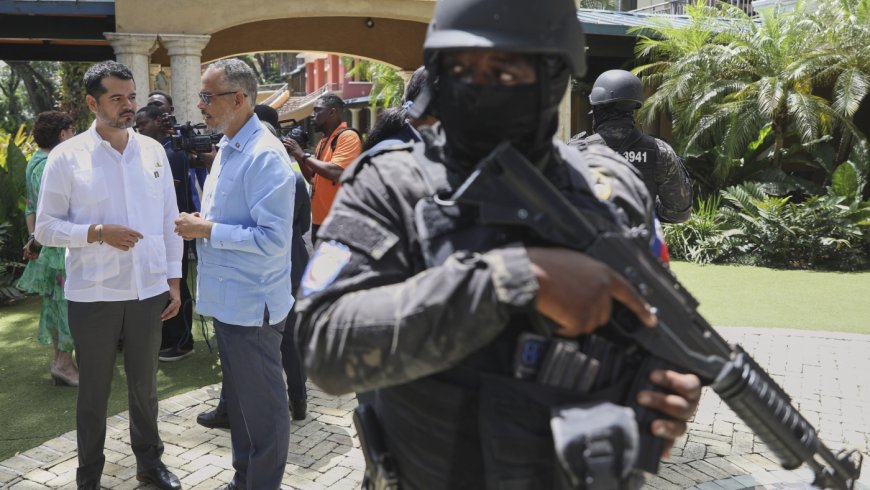Haiti's Gangs Gain 'Near-Total Control' of Capital, U.N. Warns
Senior U.N. officials have raised concerns about Haiti's gangs having almost complete control of the capital, leading to escalating violence. Gangs are expanding their attacks beyond the city, affecting previously peaceful areas and major trade routes.

Haiti's gangs have gained 'near-total control' of the capital, according to senior U.N. officials. Criminal groups now control an estimated 90% of Port-au-Prince, expanding their attacks into previously peaceful areas. Gang-related incidents have increased in southern Haiti and criminal groups are exploiting land routes in the east. The state's authority is shrinking as gangs establish 'parallel governance structures' and control major trade routes, leading to soaring prices for essential goods.
The assassination of President Jovenel Moïse in July 2021 has contributed to the growth of gangs, which were previously estimated to control 85% of the capital. Efforts to quell gang violence remain understaffed and underfunded, with a U.N.-backed mission struggling to make an impact. Private security companies and vigilante groups have also seen a rapid growth, with reports of illegal activities and collusion with gangs.
Gangs have been involved in sexual violence, with a significant increase in incidents documented by the U.N. political mission in Haiti. Political turmoil and a disorganized response to the security crisis have allowed gangs to exploit the situation for their own gain. The lack of progress in restoring public security and organizing national elections poses a significant challenge.
The experts warn that without stronger international support, gangs will continue to dominate the situation. The Haitian National Police have also been implicated in human rights violations, including extrajudicial killings. Gangs are obtaining more powerful weapons despite the U.N. arms embargo on Haiti.
What's Your Reaction?
 Like
0
Like
0
 Dislike
0
Dislike
0
 Love
0
Love
0
 Funny
0
Funny
0
 Angry
0
Angry
0
 Sad
0
Sad
0
 Wow
0
Wow
0




































































































































































